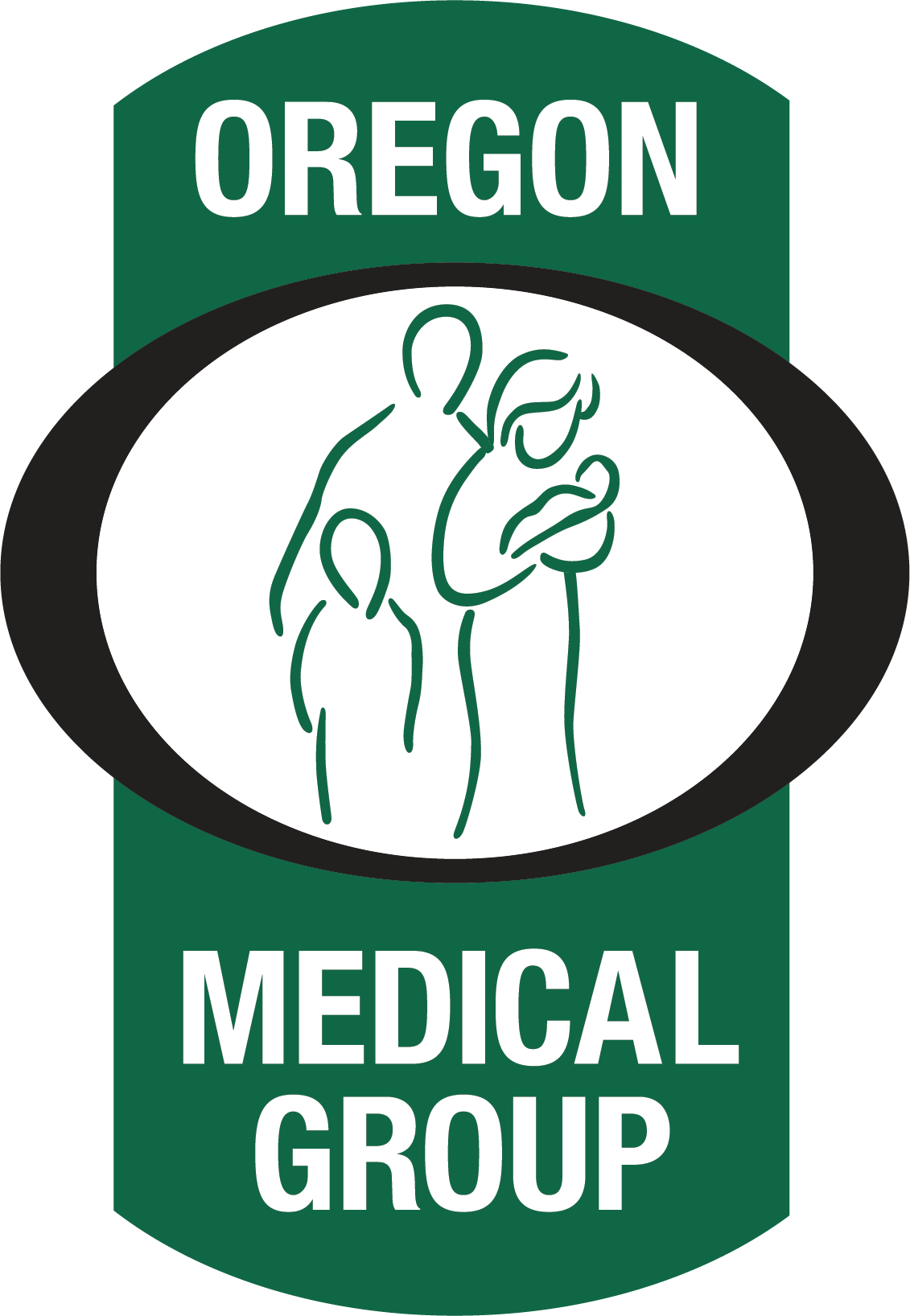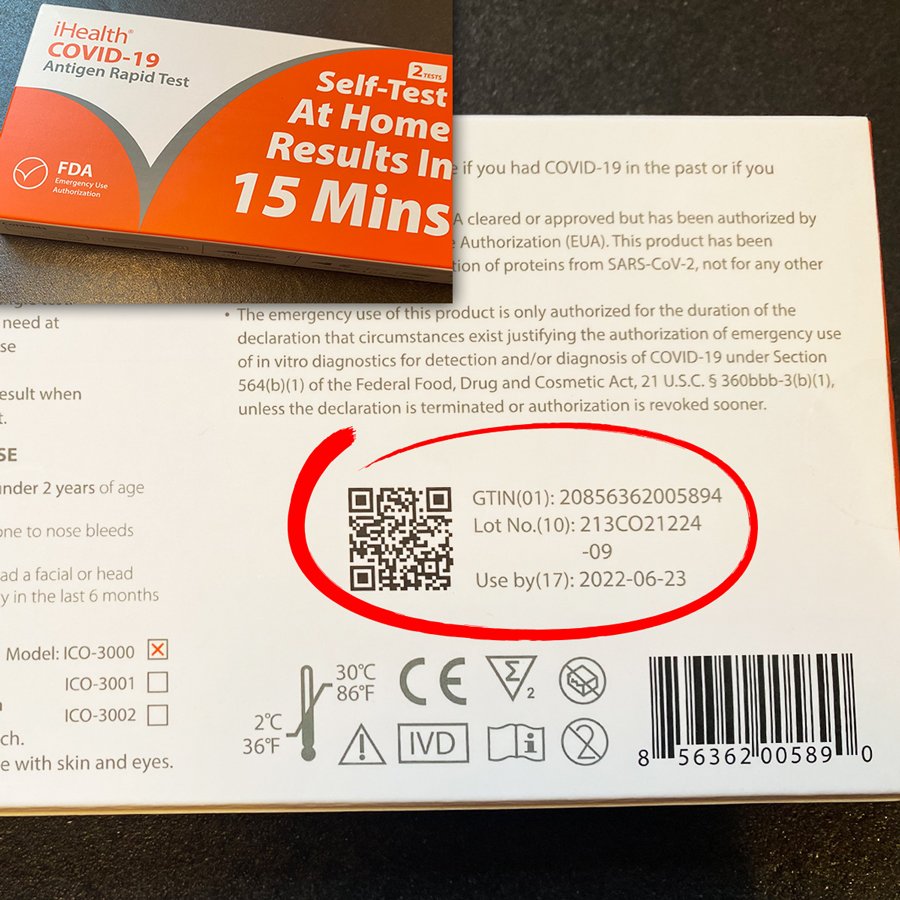When an Expiration Date Isn’t Really an Expiration Date: Rapid At-Home COVID Tests and Expiration Dates
Government-provided tests like this one are often good for longer than what is marked on the box, the FDA says.
After witnessing store shelves empty of everyday products like toilet paper, many of us were quick to stock up on at-home COVID tests when they became available last year. Then many of us maxed out the allowance of free government-provided tests. Now, many households have a supply of tests on hand – and that’s a good thing. However, the expiration date on the tests may not be correct – test shelf lives are likely to be longer. Here’s why:
It's known that the effectiveness of the tests decreases over time. But exactly how quickly they become unreliable hadn’t been ‘field-tested’ when they hit the shelves. That’s because if the FDA had wanted to put the maximum ‘real life’ shelf life on the box before allowing the tests to be issued, it would have delayed the distribution. Instead, it authorized a conservatively short shelf life of four to six months and has been extending the expiration date as data comes in.
The FDA has extended the shelf life of many of the tests that may still be in your cabinet. We encourage you to check the expiration dates on your tests, and before you throw them away, check this page to find out if their life has been extended.
If you don’t see it at first, keep scrolling – it’s mid-way down the page.
From the FDA: “To see if the expiration date for your at-home over-the-counter COVID-19 test has been extended, first find the row in the below table that matches the manufacturer and test name shown on the box label of your test.
If the Expiration Date column says that the shelf-life is "extended," there is a link to "updated expiration dates" where you can find a list of the original expiration dates and the new expiration dates. Find the original expiration date on the box label of your test and then look for the new expiration date in the "updated expiration dates" table for your test.
If the Expiration Date column does not say the shelf-life is extended, that means the expiration date on the box label of your test is still correct. The table will say "See box label" instead of having a link to updated expiration dates.
The FDA will update this table as additional shelf-life extensions are authorized.”
And from all of us at Oregon Medical Group, if your tests have truly expired, we encourage you to replace them. Identifying COVID and isolating accordingly remain an important part of the ongoing effort to contain the spread of the virus.

